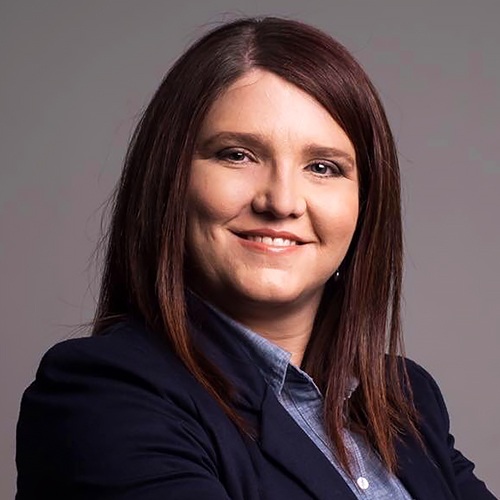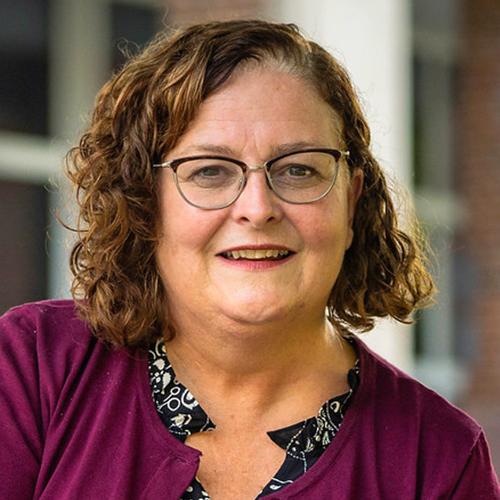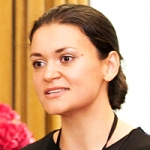 IBCLC Detailed Content Outline: Development and Nutrition / Infant Focused CERPs - Section I A
IBCLC Detailed Content Outline: Development and Nutrition / Infant Focused CERPs - Section I A
Access CERPs on Development and Nutrition / Infant for the IBCLC Detailed Content Outline recertification requirements. On-demand viewing of the latest Development and Nutrition / Infant focused IBCLC CERPs at your own pace.
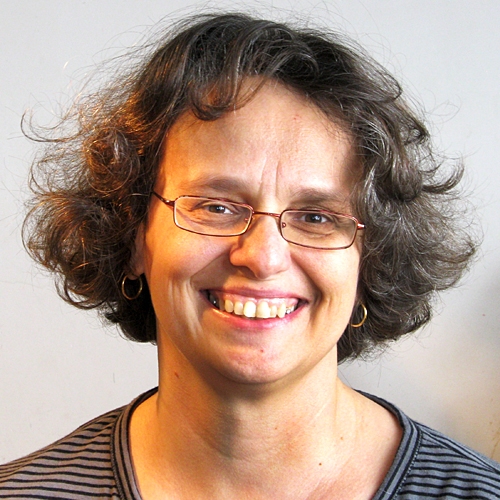
Differentiating Normal Newborn Weight Loss From Breastfeeding Failure

Micaela Notarangelo, PhD, IBCLC, RLC, obtained her IBCLC certification in 2010. She has a private lactation consultant practice in Lerici, Italy and takes a particular interest in everything that concerns breastfeeding science and medicine. From 1992 to 2001, Micaela lived in Japan, where in 1998 she earned a PhD in Economics at Hokkaido University, Sapporo. She also worked as assistant professor at Hokkaido University and Utrecht University. After returning to Italy, she became a La Leche League Leader in 2005 and was the Area Professional Liaison of LLL Italy from 2010 to 2013. In 2017, together with Chiara Toti, IBCLC, Micaela has developed a new two-day course for health care providers about breastfeeding support for babies with lip and/or palate cleft. The course has been held, with the financial support of Aismel, a parents' association, in several major Italian hospitals.
There is increasing concern for the risk of hypernatremic dehydration (HD) in infants breastfeeding poorly, and weight loss (WL) is often considered a key variable in deciding whether to supplement a newborn. However, WL is the net sum of different forces, and it might be difficult to determine which actions will be the most effective in protecting both the baby and breastfeeding. This presentation will review the newest scientific evidence about WL, and by a comparison of the results of previous quantitative studies will provide a more comprehensive framework to interpret weight changes and feeding behaviors that can be suggestive of an increased risk of HD, in order to facilitate the detection of infants who can benefit from additional breastfeeding support and those who might eventually require supplementation. The data confirm that both birth and breastfeeding perinatal practices have influence on WL and the risk of HD, and are therefore important modifiable factors to improve breastfeeding outcomes.

View Details / Enroll
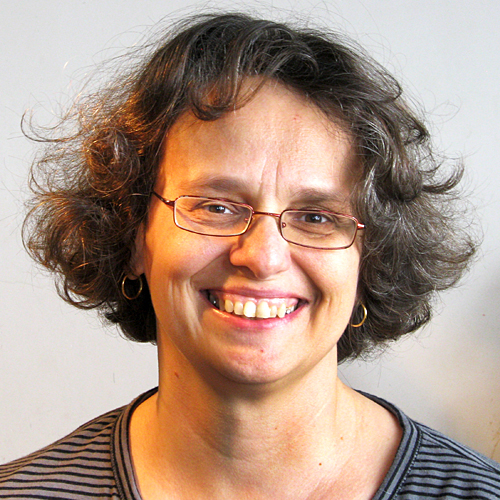
View Details / Enroll
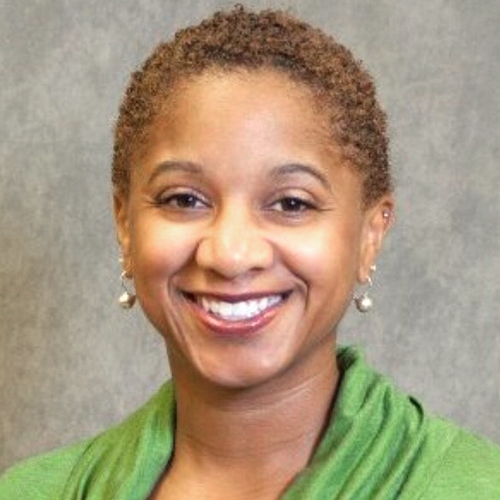
Disorganized Infant Feeding: Beyond Suck, Swallow, Breathe

Jada Wright Nichols is an Atlanta-based women’s wellness consultant. She graduated from Tennessee State University, with a bachelor’s degree in speech pathology and audiology. She has a master’s degree in occupational therapy and has worked in a variety of rehabilitation settings, across the life-span.
Additionally, she is a massage therapist, lymphedema therapist, holistic nutritionist, birth and postpartum doula, yoga instructor, and international board-certified lactation consultant (IBCLC). She is a lactation consultant at Children’s Healthcare of Atlanta, and the owner of Blossom Health and Maternal Wellness, and Bloom Early Intervention, which provide in-home and virtual services for new and expectant families, as they navigate various aspects of parenting, access, and equity.
Suck swallow breathe coordination is one of the earliest and most meaningful motor milestones of a developing infant. That level of coordination varies between breastfeeding and bottle feeding. Too frequently, if there are any challenges while feeding at the breast, bottle feeding is recommended, often without a complete assessment around the challenge itself. Infant feeding may be disorganized for one of a variety of contributing factors. It is important to be able to identify one or more of those factors, and to facilitate a solution, which may include seeking the insight and intervention of another allied health professional. Honing observation skills, incorporating diagnostic tools, and coordinating feeding assessments and protocols with specialists assist in preserving the initial breastfeeding relationship, with equity.
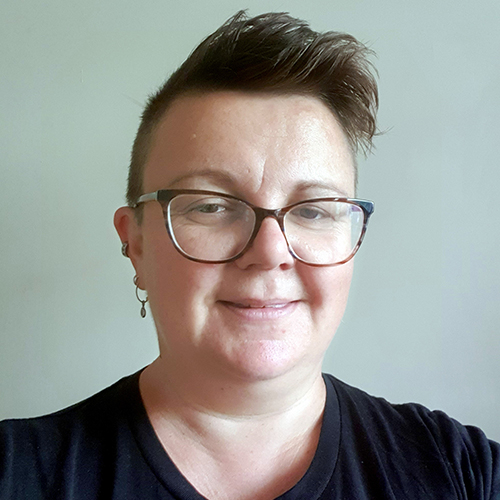

Kathryn Stagg is mum to 4 boys, twins and 2 subsequent singletons. She trained as a breastfeeding peer supporter and volunteered in the groups for years in and around Harrow, NW London, UK.
Kathryn caught the breastfeeding support bug and decided to further her knowledge training as a Breastfeeding Counsellor with the Association of Breastfeeding Mothers and then qualifying as an IBCLC 5 years ago.
Kathryn started Breastfeeding Twins and Triplets Facebook group almost 8 years ago and it now has over 9000 members. It has recently been made into a UK charity. Kathryn is passionate about delivering high quality breastfeeding support to as many twin and triplet families as possible, creating resources and educating health care professionals and breastfeeding supporters. She runs a small private practice and continues to teach music part time, her original career path. Kathryn is the author of Breastfeeding Twins and Triplets; a guide for professionals and parents.
/p>
Topic: Don't Let Us Fool You: Breastfeeding in Late Preterm and Early Term Babies - [View Abstract]
Late preterm and early term birth is a barrier to establishing breastfeeding. These babies are often well enough to stay with their mothers and treated like a full term baby. Yet they are often sleepy, uncoordinated and inefficient at the breast leading to a higher chance of unstable blood sugar, weight issues, jaundice and low milk supply. This leads to a high rate of supplementation. Skilled breastfeeding support is the key to helping these babies breastfeeding effectively. This presentation will discuss anticipatory guidance in relation to an early birth, how to protect breastfeeding during the first few days and weeks, and how to move towards exclusive breastfeeding should supplementation be necessary.
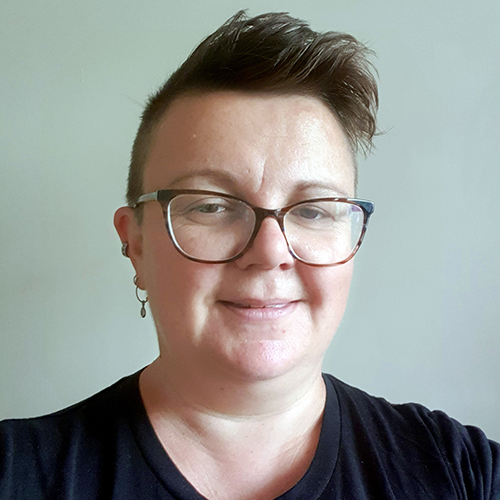
View Details / Enroll
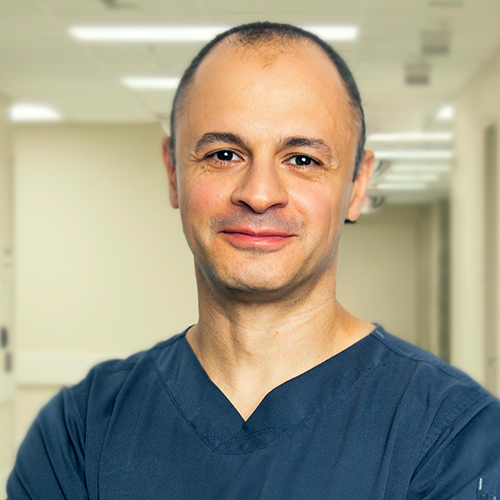
Early Breastmilk Exposure and Later Cardiovascular Health in Premature Infants

Prof EL-Khuffash is a Consultant Neonatologist and Paediatrician. He is a qualified International Board Certified Lactation Consultant. His two primary clinical and research areas of expertise are heart function in neonates and the promotion of breast feeding, and breast feeding support, to new mothers. He also has extensive expertise in general feeding issues encountered by babies over the first few months.
Prof EL-Khuffash sees families for prenatal breast feeding and fetal anomaly consultations and postnatal infant assessment, 2 and 6 week checks, and breastfeeding/general support including early irritability and reflux in his consultation rooms in the Rotunda Private Clinic.
Prof EL-Khuffash has considerable knowledge of breast feeding medicine and experience in providing antenatal and postnatal breast feeding advice and support to new mothers. This includes identifying and addressing challenges to breastfeeding in both the mother and the baby. He also specialises in general feeding difficulties and early feeding issues encountered by babies.
Prof EL-Khuffash graduated from Trinity College, Dublin in 2002 and enrolled in the Royal College of Physicians of Ireland paediatric specialist training scheme in 2005. He completed a Doctor of Medicine (MD) degree in University College, Dublin in 2008 and his neonatal specialty training in Toronto, Canada (2009-2011). Following this, he was appointed as a consultant Neonatologist and Assistant Professor of Paediatrics at the University of Toronto in January of 2011. He obtained a diploma in clinical epidemiology during his time in Toronto. He is the recipient of several national and international research awards, with international peer reviewed publications and keynote presentations and the lead for cardiovascular research, supervising several post graduate PhD candidates.
Topic: Mother's Own Milk Versus Donor Human Milk in the NICU: Practical Recommendations for Individualized Care - [View Abstract]
Premature infants have impaired cardiovascular function that persists into adulthood. Preterm infants exhibit impaired systolic and diastolic dysfunction that is intolerant of the adverse loading conditions experienced during the early neonatal period. Young adults born premature demonstrate a unique cardiac phenotype characterized by reduced biventricular volume, relatively lower systolic and diastolic function, and a disproportionate increase in muscle mass. This may clinically manifest by an increased risk of cardiovascular incidents, hypertension, and reduced exercise tolerance. Those consequences appear to result from early postnatal cardiac remodelling due to premature birth and associated comorbidities. Recent evidence suggests that early exposure to breast milk slows down or even arrests those pathophysiological changes, thereby mitigating the long-term adverse effects of premature birth on cardiovascular health. In this presentation, I aim to demonstrate the vital role of early breast milk exposure in preventing cardiovascular disease in preterm infants. We will explore the emerging evidence and examine the possible mechanistic pathways mediating this phenomenon.
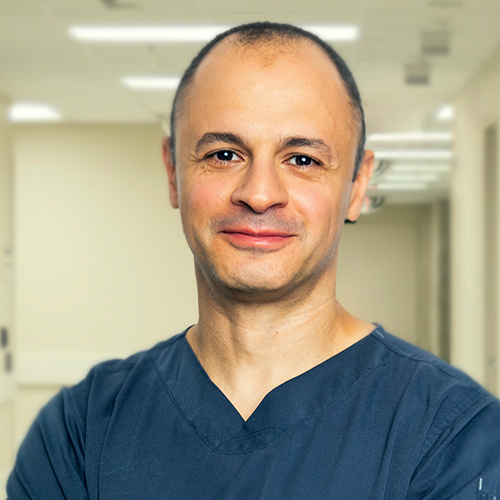
View Details / Enroll
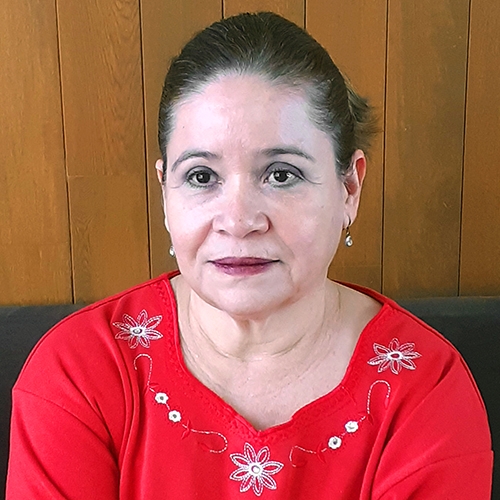
Effect of the Spray Drying Process, High Pressures, and Radiation on the Nutritional Quality of Human Milk

Dr. Blanca Aguilar Uscanga is a Biochemical Engineer in Food Science and has a Masters in Food Science. She graduated from the Institute Technologic of Veracruz (ITV) México. She completed her doctoral studies in the specialty of Biotechnology at the National Institute of the Sciences Appliqués of Toulouse in France.
She is currently a full-time research professor (since 2006) at the Centro Universitario de Ciencias Exactas e Ingenierías (CUCEI) de la Universidad de Guadalajara. Dr. Aguilar Uscanga is adjunct professor to the Department of Pharmacobiology, where she teaches courses of Applied Microbiology, Biotechnology and Food Science to undergraduate and PhD students.
She is a member of the National System of Researchers in Mexico recognized by CONACYT, with level 2. The research areas are: Food Biotechnology and Microbiology, which cover different areas of research such as: Obtaining bioactive compounds and metabolites of industrial importance through of microorganisms, production and development of functional foods, fermented beverages, probiotics, prebiotics and food safety.
She has international collaborations with the Institute Armand Frappier, Canada and the Institut sur la nutrition et les aliments fonctionnels (INAF) in Québec. Currently she is member of INRS and has an honorable mention of “Professeure associée” provided by the INRS- the Institute Armand Frappier in Laval, Canada.
Human milk is the first food that the newborn receives and provides all the nutrients necessary for its growth. In order to feed children with breastfeeding problems, Human Milk Banks (BLH) were implemented, which conserve this food through pasteurization and freezing processes. Because human milk is very perishable, this work will present some results obtained on spray drying, high hydrostatic pressures, and UV radiation in human milk, in order to preserve and avoid loss of nutrients in this food, as well as offer a new alternative to the BLH for its conservation.

View Details / Enroll
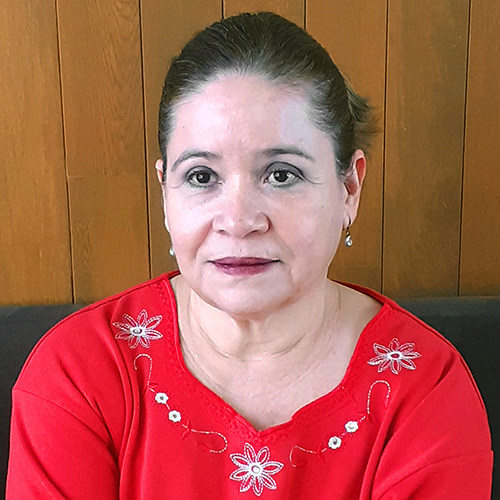
View Details / Enroll
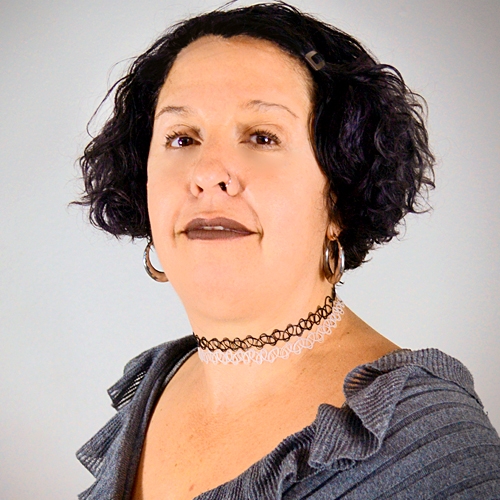
Equity and Safer Infant Feeding in Times of Disaster and Civil Unrest

Lourdes Santaballa is a community activist and organizer, with a background in domestic violence, affordable housing, and economic equity advocacy. A La Leche League leader from 2009-2017 and IBCLC since 2011, she was the founder of the lactation program at sePARE, providing coordinated services to low income families, leading it to receive the ILCA Care Award and received the Wilson-Clay Hoover Award for Research. Lourdes received the notorious Drs. Ruth Lawrence and Audrey Naylor Legacy Scholarship in 2016 by the United States Breastfeeding Committee, the Miriam H. Labbok Award for Excellence at the Breastfeeding and Feminism conference in 2018 and is currently completing her master’s degree in clinical nutrition. In October 2017, following Hurricanes Irma and Maria, Lourdes founded Alimentación Segura Infantil or ASI, an Infant and Young Child feeding program focused on increasing breastfeeding, leadership and training in marginalized communities in Puerto Rico.
In times of civil instability and changing global climate, we risk natural disasters, infrastructure failure, terrorist situation, police brutality, mass migration, chemical accident, war or other type of emergencies. Infants and young children under the age of 2 are the most vulnerable due to their dependence on adults for survival and their delicate physiology. We know that lactation in emergencies saves lives, yet the unrest that occurs in the days immediately after the disaster may contribute to premature weaning. At the same time, many babies are not breast or chestfed at all or only partially. This session will explore the methods to preserve breastfeeding, decrease the use of formula and other human milk substitutes, promote relactation, and teach appropriate complementary feeding in a disaster appropriate, low tech and resource limited environment. We will also discuss the colonial and patriarchal of humanitarian relief and how to make equity our focal point.

View Details / Enroll
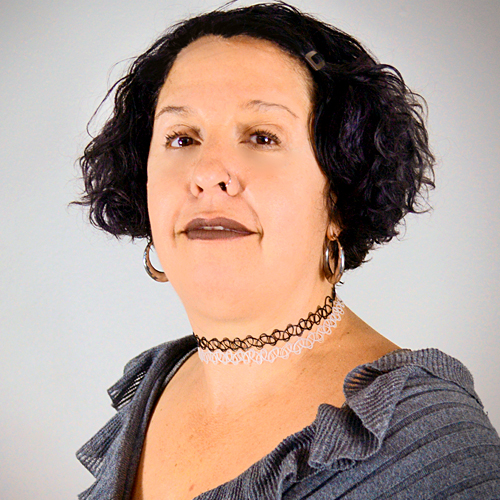
View Details / Enroll
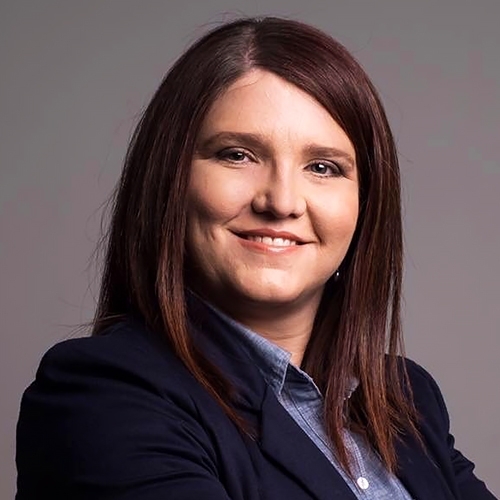

Mari is currently a clinical academic working at Evelina London Children's Hospital in the UK. She is a Clinical Specialist Speech Language Therapist with various international peer reviewed articles on neonatal feeding assessment building on the body of research presented in her PhD. She has presented at various international conferences in the USA, Africa and Europe. Her experience entails paediatric dysphagia in the acute setting with specialization in critical care and neonatal care. In her previous position as an associate professor at a university in South Africa she invested in student clinician training in the NICU setting and access to evidence based treatment for feeding disorders in infancy. Her current research interest is in mobile health application development for the Neonatal Feeding Assessment Scale for international access to a validated neonatal feeding assessment tool to identify oropharyngeal dysphagia in neonates and young infants. In addition her second tier research path is looking at the role of the speech language therapist in PICU. To support the wider clinical and scientific community she is a member of the European Society for Swallowing Disorders as well as an international affiliate member of the Royal College of Speech Language Therapists.
A dearth of validated neonatal feeding assessment instruments are available in an era where medical teams are challenged to demonstrate the evidence base of the services that are provided to neonates. The Neonatal Feeding Assessment Scale (NFAS) was developed to identify oropharyngeal dysphagia with identification of subsequent airway invasion during feeding in neonates. This presentation will take the delegates on a journey through the landscape of evidence, the research process for developing the NFAS and how the NFAS can be used in everyday practice in the NICU to support better feeding outcomes for neonates within their family context.

View Details / Enroll
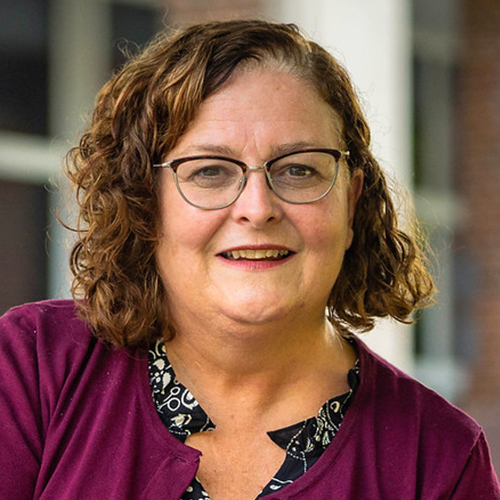

Madge E. Buus-Frank DNP, APRN-BC, FAAN is a nurse practitioner, healthcare improvement scientists and scholar who has been actively engaged in both providing and improving healthcare for nearly 4 decades. Dr. Buus-Frank joined Dartmouth Hitchcock Medical Center in 1990 as one of the first acute care nurse practitioners in the Intensive Care Nursery where she played a pivotal role in building a team of NNPs to serve the Intensive Care Nursery in Lebanon, Nashua, and Manchester. Madge continues to serve as a clinical faculty member in the Department of Pediatrics at the Geisel School of Medicine at Dartmouth and remains invigorated by her clinical practice at the Children’s Hospital at Dartmouth (CHaD) where she has practiced for 30+ years.
Dr. Buus-Frank has been an early innovator on the front lines of developing and testing Learning Health Systems focused on coproducing care with patients and families. as well as improving education and research along the way. In 2019 Dr. Buus-Frank joined The Dartmouth Institute as a Senior Scientist. Her implementation science work currently focuses on a partnership between Dartmouth Hitchcock Health and The Dartmouth Institute, to deliver on the DHH strategic plan, called “The Promise.” She is a co-primary investigator leading a team that is testing the impact of a Learning Health System approach to accelerate co-production of care, to improve the experience of care for our patients and our people and our system. The LHS testing is currently underway in the oncology setting and we will be using whole system measures to evaluate the impact of the Learning health system on patient and family outcomes, cost and value, and research, scholarship and education. Additionally Dr. Buus-Frank serves on a TDI team supporting the Crohn’s & Colitis Foundation’s growing quality improvement collaborative (Qorus) serving as a ead curriculum consultant.
Dr. Buus-Frank is the immediate past Executive Vice President of the Vermont Oxford Network (VON), one of the world’s largest healthcare data and improvement networks in the world. At VON she collaborated with international faculty to conceptualize, design and executed large-scale multi-center quality improvement collaboratives, and massive on-line courses (MOOCs) , bringing >700 hospitals, states and health systems together to learn, share, measure and improve the quality, safety and value of care. Additionally, Dr. Buus-Frank championed and led the development of partnerships with state perinatal quality improvement collaboratives where she built both the common will and capacity to conduct audits and embrace e-based educational implementation packages allowing VON to scale the learning from center level improvement to achieve population-wide results using robust on-line educational technology and learning programs.
Dr. Buus-Frank was the Founding Editor-in-Chief for Advances in Neonatal Care: The Official Journal of the National Association of Neonatal Nurses, a peer-reviewed publication dedicated to advancing the art and science of neonatal care, serving for 5 years in this capacity. She was honored by NANN with a Lifetime Achievement Award in 2021. She is the author of numerous peer-reviewed publications and has been inducted as a Fellow of the American Academy of Nursing (FAAN) for her pioneering work in the field of neonatal care and improvement science.
Join your colleagues for a whirlwind journey of the past 20 years of neonatal care. Together we will reflect on key lessons from the past, identify opportunities to improve care in the present and reimagine how we might provide care to create a preferred future that fosters better health and outcomes for every baby, every time, and everywhere.
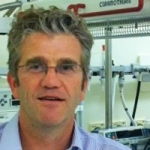
Feeding Preterm Babies after Hospital Discharge: Breast-milk, Fortifier, Supplements and Complementary Foods

Dr Embleton has worked in neonatal medicine for the past 25 years, completing clinical training and a research doctorate in neonatal nutrition in the UK, and a neonatal fellowship in Vancouver, Canada. He has worked as a Consultant Neonatal Pediatrician in Newcastle, UK since 2002, one of the largest UK neonatal units, caring for sick preterm and term born neonates. He leads a broad portfolio of research focused on nutrition and gut health in preterm infants. Areas of work include determining patterns of early gut microbial colonization, and how these may predict the development of necrotizing enterocolitis (NEC) and sepsis. He is a project team member of large neonatal feeding trials recruiting >5000 infants in the UK, as well as coordinating mechanistic studies using microbiomic and metabolomic analyses. He chairs the multi-disciplinary UK Neonatal Nutrition Network (N3) and is a member of the Committee of Nutrition for ESPGHAN.
Topic: Probiotics in Preterm Infants - [View Abstract]
Survival in preterm infants has increased over the last few years, and this has been accompanied by an increasing focus on the importance of nutrition and the effects of preterm birth on later outcomes. Providing nutrition to sick preterm infants in the NICU is complex, and almost all preterm infants are discharged with growth outcomes (weight and length) considerably below their birth centiles. This is important because data show an association between poorer growth and nutritional status in the NICU, and worse longterm neurodevelopmental outcomes. Whilst greater efforts are required to improve nutritional status prior to discharge, the post-discharge setting represents a time period when brain growth is also rapid, and where the potential exists to improve outcome through nutritional interventions. However, the potential benefits of improved brain outcomes need to be considered alongside the possibility of metablic harm induced by excessively rapid growth which may increase risks of obesity and later chronic disease. This talk will consider the continued importance of breast milk after discharge, the potential role of fortifiers and supplements in meeting nutrient requirements, and issues around the timing of introduction of complementary foods.

View Details / Enroll
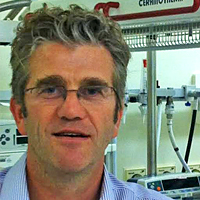
View Details / Enroll
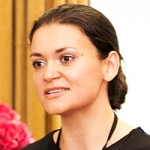

Mihaela Nita- MD, IBCLC, medical doctor (since 2007), specialized in pediatrics and International Board Certified Lactation Consultant (since 2011), worked mainly to develop the profession of IBCLC in Romania. Organizer of the first IBCLC Day in Romania, is the co-founder and president of Romanian Lactation Consultant Association, member of ELACTA. Active in the field of lactation, organizing conferences, events, support groups, 90 hours training courses, CERPs accredited courses, fundraising events. On behalf of the Romanian Lactation Consultant Association, Mihaela Nita started the first volunteer work in the country, in the NICU of Marie Curie Emergency Children Hospital in Bucharest that led to the idea of implementing a human milk bank. Mihaela is passionate about training, advocating for the IBCLCs role and making a change for mothers, society and medical system in the field of lactation.
Romania is one of the European countries with a very low breastfeeding rate. The emergence of IBCLCs in the past 2 decades helped in improving mothers access to lactation professionals. Starting from 2013 with the first celebration of IBCLC Day, conferences and courses, the awareness of a new profession raise.
Although in Europe there are more than 200 human milk banks, Romania does not have one.
The limitations in the process of implementing a human milk bank in the NICU, the gap of legislation, the support of the civic society and 2 cases are discussed in the presentation.

View Details / Enroll










